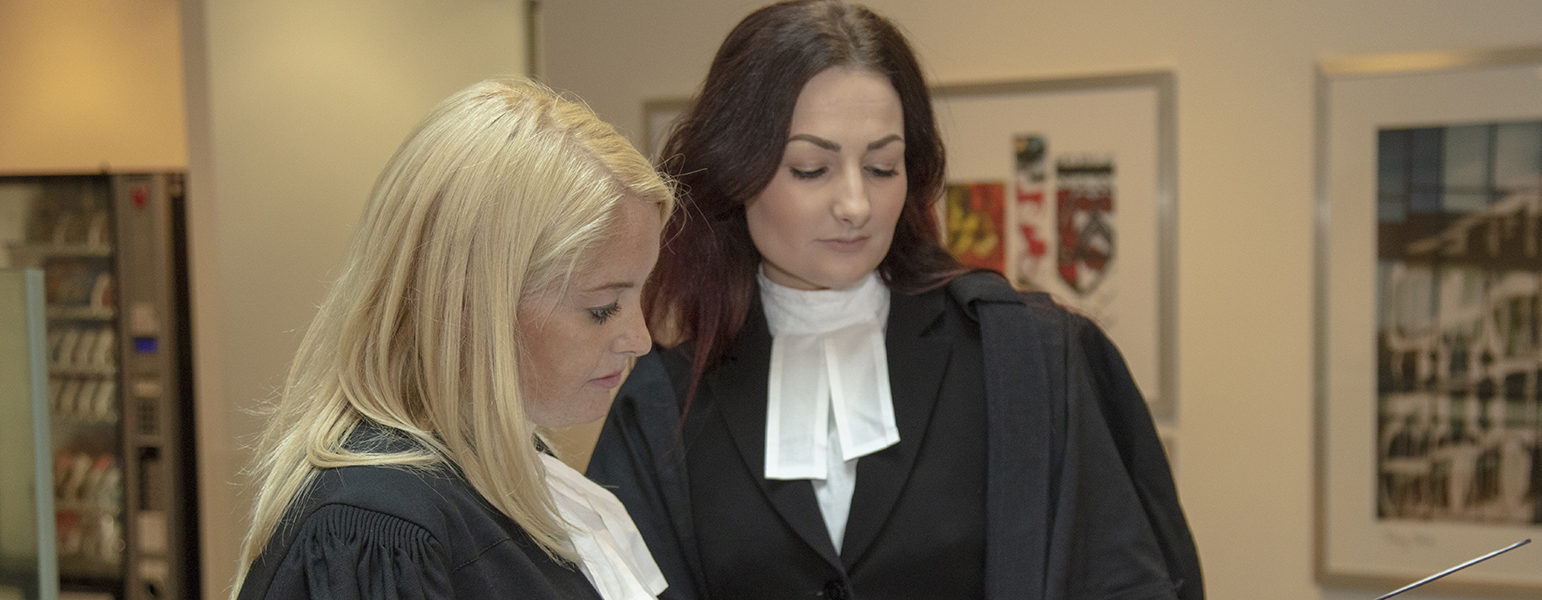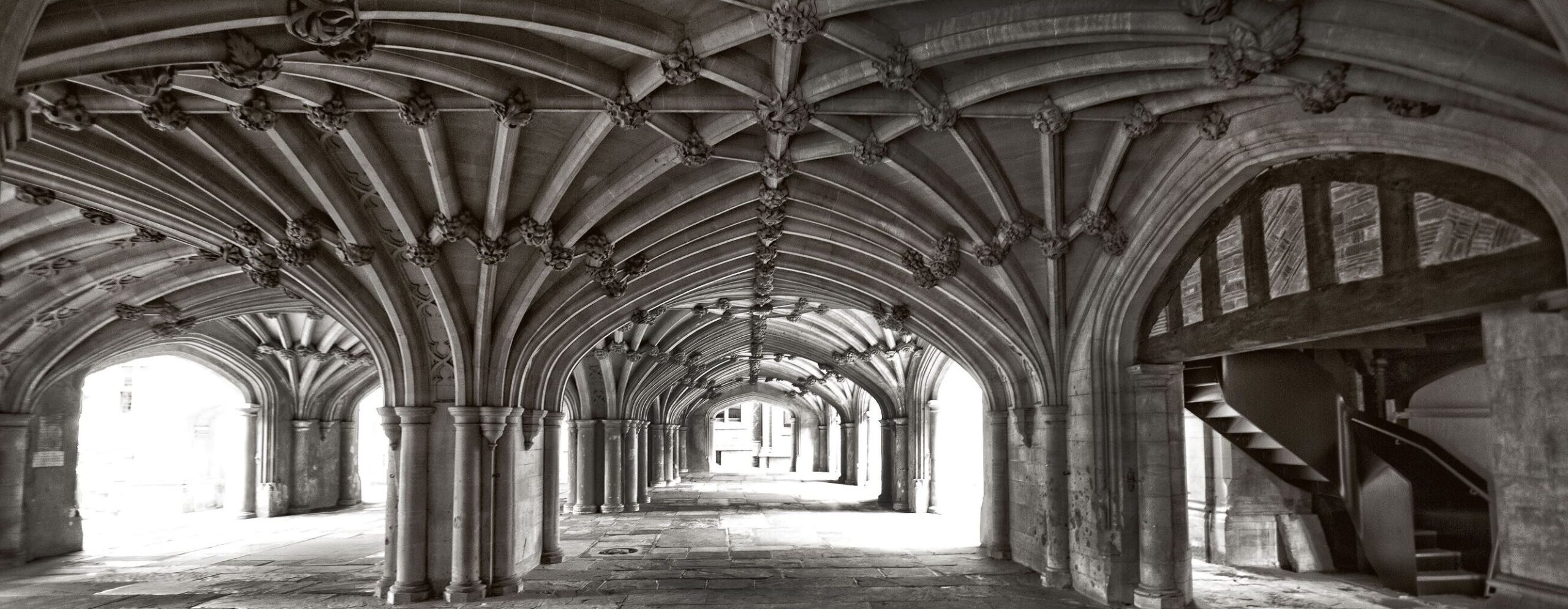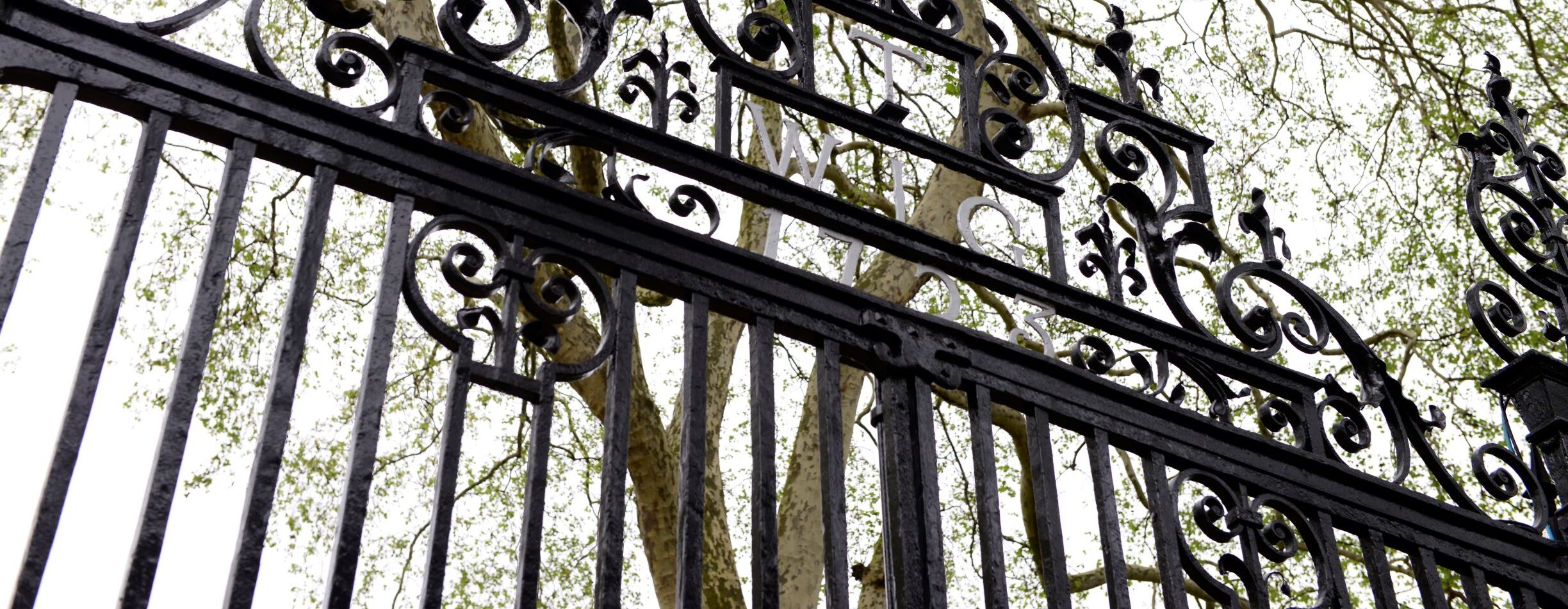Child Trafficking – Updated Guidance
Criminal Exploitation of children and vulnerable adults
County Lines guidance
The Home Office has issued this updated guidance in relation to trafficked children and vulnerable adults. It comes in the wake of recent media coverage and an alarming increase of this type of activity. In September 2018, it was reported that British children make up the biggest group of suspected victims, with 677 children from the UK referred to the authorities.
This type of criminality involves drugs, violence and sexual exploitation with children as young as 12 years old being targeted. In September, in Kirklees, 31 suspects were charged with historic offences of rape and trafficking. Their victims were aged between 12 and 18 when the offending occurred.
In Wales, 12 year-old children are known to have been trafficked to deliver cannabis along county lines. They were targeted via their social media accounts.
Prosecution or Non-Punishment
In many cases, and in spite of CPS guidance to carefully consider prosecution where the offending is integral to activities involving trafficking, there is still an overwhelming tendency to prosecute children. In spite of an available defence under s.45 of the Modern Slavery Act for children who are compelled to commit criminal offences, a UNICEF report has found that there are:
- Serious shortcomings in the implementation of the ‘non-punishment’ principle in the UK, including few safeguards against arrest or prosecution at the earliest stages of the criminal justice process.
- Very low levels of awareness among prosecutors, police, defence solicitors and frontline practitioners of the non-punishment protections for children that are in place.
- Little monitoring of the use of the presumption against prosecution or the statutory defence across the UK.
The new Victims Strategy address the issue with a commitment to ‘ensure that services provide victims with a quality service, based on their needs’. It vows to:
- Improve support for victims of modern slavery and exploitation.
- Create new places of safety for victims, enforce standards for safe houses, and improve the support provided for victims as they return to the community.
- Facilitate access specialist support for victims quickly with a view to making them less vulnerable to future exploitation.
- Making available an extra £2m for Independent Child Trafficking Advocates who are specialist professionals to support children to navigate the complex systems of social care, immigration and criminal justice.
- There will be an independent review of Modern Slavery Act 2015 in an effort to ensure that legislation keeps in step with this type of crime.
This report by ECPAT provides an erudite snapshot of the crisis surrounding child trafficking in 2018 and deals in part with the possible consequences of the UK leaving the EU.
Youth Justice Practitioners are referred to the ICCA’s guidance on Child Trafficking and County Lines for more information about identifying trafficked children and what to do in those circumstances.


